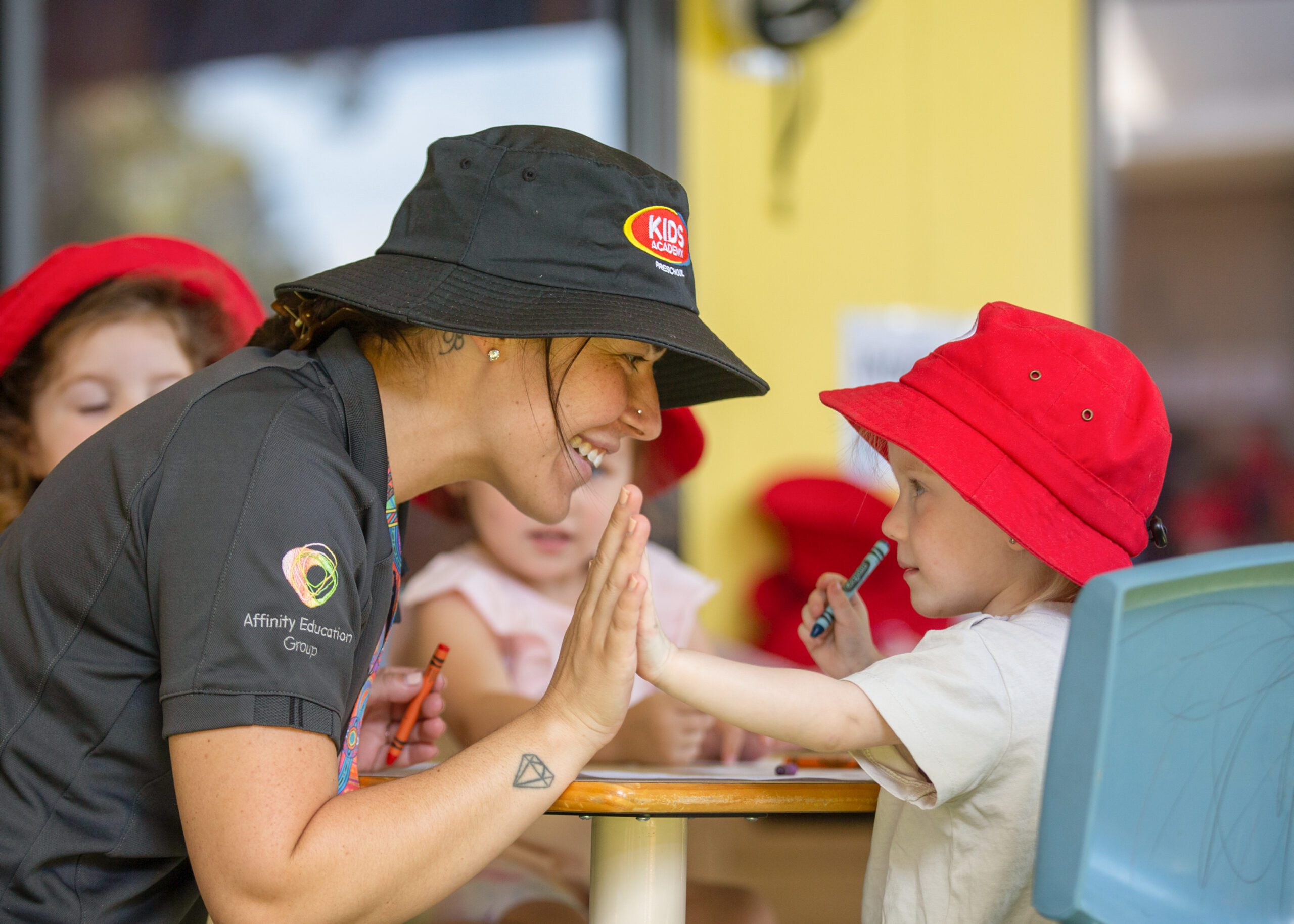
When you’re planning the best start for your child, every dollar counts. That’s why understanding Family Tax Benefit (FTB) Parts A and B, and how they work alongside the Child Care Subsidy (CCS), can help you make informed choices about care, budgeting, and your family’s future.
At Kids Academy, we’re here to support your goals with straightforward guidance and practical information. Below, we explain who’s eligible, what to expect, and how FTB connects to your child care plans for 2025-2026 and beyond.
What Is the Family Tax Benefit?
The Family Tax Benefit is a government payment that helps families cover the cost of raising children. It’s made up of two parts:
- FTB Part A - Paid per child, based on income, age, and how many children are in your care
- FTB Part B - Paid per family, designed to support single parents or families with one main income
Depending on your situation, you may receive both, just one, or neither.
Can I Get Family Tax Benefit and Child Care Subsidy?
Yes, you can receive both FTB and CCS. These two types of government support serve different purposes:
- Child Care Subsidy (CCS) helps reduce your daily out-of-pocket child care fees
- Family Tax Benefit (FTB) helps with general living costs such as groceries, clothing, and school needs
Plus, starting in January 2026, more families will benefit from the new 3 Day Guarantee, which offers up to three days of subsidised care per week, even if you don’t meet the CCS activity test.
Who’s Eligible for the Family Tax Benefit?
You may be eligible for FTB if:
✅ You care for a dependent child under the age of 19
✅ You’re an Australian resident
✅ You care for the child at least 35% of the time
✅ Your child meets immunisation requirements
✅ You meet the income thresholds for FTB Part A and/or B
FTB Payment Rates for 2025-2026
Here are the current maximum fortnightly payments:
FTB Part A (per child):
- Ages 0-12: $227.36
- Ages 13-15: $295.82
- Ages 16-19 (if in full-time secondary school): $295.82
FTB Part B (per family):
- Youngest child under 5: $193.34
- Youngest child 5-18: $134.96
Income Limits: How Much Can You Earn and Still Receive FTB?
FTB Part A:
Income thresholds vary by number and age of children
For example:
- One child aged 0-12: base rate reduces after ~$86,852
- Two children under 13: ~cut-out at $106,982
- Payments taper off as income increases, ending around $118,771+
FTB Part B:
- Single parents: eligibility phases out at $100,007
- Couples:
- Primary earner must earn under $120,007
- Secondary earner can earn up to $6,935 before reductions begin
- Payments stop once secondary income reaches $34,438 (approx.)
Real-Life Scenarios
Here’s how FTB could apply to different families:
Single Parent, $45,000 Income
One child attending child care
✅ Receives FTB A and B + CCS
✅ May qualify for 3 Day Guarantee
Dual-Income Family, $100,000 Combined
Two children in full-time care
✅ Receives reduced FTB A
❌ Not eligible for FTB B
✅ CCS applies
Parental Leave Example
One partner working, one on parental leave
Income: $70,000
✅ FTB A and B now
✅ CCS when baby starts care
Higher-Income Single Parent ($150,000)
❌ Not eligible for FTB A or B
✅ May still receive CCS at a lower rate
What If Your Income Changes?
Because FTB is reconciled at the end of the financial year, any changes to your income can affect what you’re owed, or what you might need to repay.
To avoid overpayments:
- Update your income estimate in myGov regularly
- Review your family’s financial situation every few months
- Report any changes in jobs, relationships, or number of children
Annual FTB Supplements
If you're eligible for FTB A or B, you may also receive an end-of-year top-up:
- FTB Part A Supplement: up to $938.05 per child
- FTB Part B Supplement: up to $459.90 per family
These are paid after your entitlements are balanced at tax time.
Other Payments You May Be Eligible For
Depending on your situation, you might also receive:
- Paid Parental Leave
- Parenting Payment
- Rent Assistance
- Newborn Upfront Payment and Supplement
- Health Care Card (for discounted medical and pharmacy costs)
How Kids Academy Can Support You
While we can’t submit applications for you, our team is here to help:
- Provide documents needed for CCS and Centrelink
- Help you understand how FTB and CCS affects your weekly childcare fees
- Recommend an enrolment pattern that works for your budget and routine
We partner with families to offer care that’s consistent, high-quality, and designed to grow with your child.
The Takeaways
✅ Family Tax Benefit helps with the everyday costs of raising children
✅ You can receive it alongside the Child Care Subsidy
✅ Income thresholds apply - keep your myGov estimate up to date
✅ Supplements offer an annual boost if you’re eligible
✅ Kids Academy is here to guide your family through it
Planning for 2026? Let’s Chat.
If you’re preparing to enrol your child or simply exploring your options, we’re happy to help.
Book a tour at your nearest Kids Academy centre.
Let’s work together to create a strong start for your little learner.